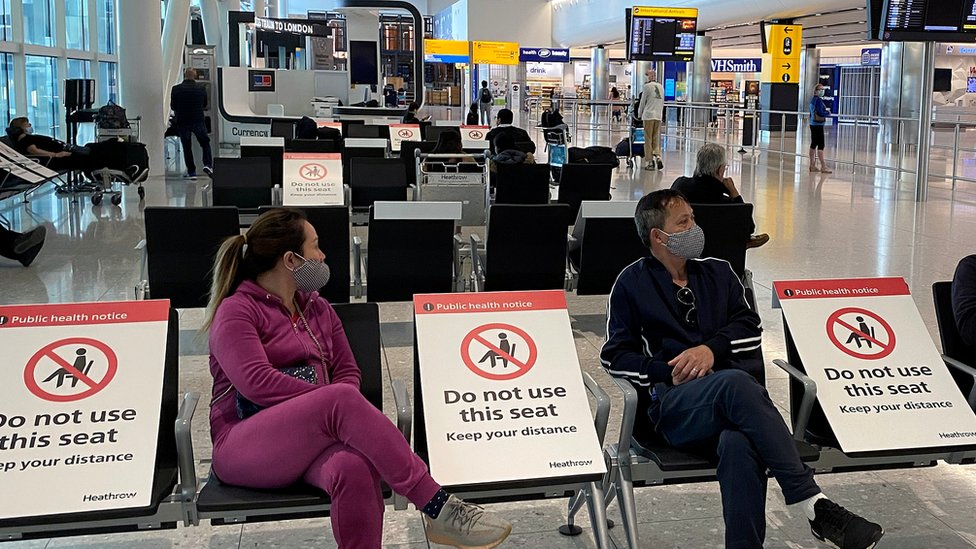China suspended issuing short-term visas to South Korean and Japanese travellers on Tuesday, January 10, 2023, as reported by Chinese embassies in Seoul and Tokyo. Just when the world was moving towards economic recovery after the first and second waves of the Covid-19 pandemic in the last three years, a new variant emerged in China. Experts across different industries fear new economic turmoil and disruptions. To contain the virus from spreading, countries are imposing Covid restrictions on travellers from China, including Japan and South Korea.
Why did China make a retaliatory move?
China’s defensive reaction was in line with South Korea’s latest Covid regulations. The new rules include test requirements and visa restrictions for visitors from China. Seoul is also capping flights from China, and travellers from the mainland, Hong Kong and Macau must test negative before departure. Japan has not announced similar tests. But it requires those arriving in the country to submit negative PCR tests.
However, China has not taken these measures in the right spirit. In the online notification, the embassies stated that the ban would continue until South Korea lifts its “discriminatory entry measures” against China.
These were not the only countries to impose restrictions. At least 10 in Europe, North America and Asia have done so recently. The US has said it will require a mandatory Covid test for those travelling from China. While Morocco banned Chinese travellers from entering the country, India has mandated COVID-19 negative test reports for travellers arriving from China, Hong Kong, Japan, South Korea, Singapore and Thailand. The dearth of information regarding the Chinese outbreak continues to concern officials globally. Some analysts opine that after South Korea and Japan, China may also impose such regulations on these countries.
China opens borders after 3 years from international travellers:
Amidst the allegedly rising Covid cases in China, the country has lifted its zero-tolerance Covid policy and opened borders for international travellers after three long years. Along with several foreign visitors, Chinese residents are also returning home. As per a report, 387 passengers were aboard two flights from Singapore and Toronto on the day travel restrictions were scrapped.
Hong Kong also opened its borders with mainland China on Sunday, January 8, 2023, and is allowing several visitors to cross borders without quarantine. These include both land and sea borders. As China scrapped its travel restrictions, a mass movement was anticipated ahead of the Lunar New Year and Chunyun.
Although Chunyun Spring Festival lasts for a week, 2023 will witness a 40-day-long celebration from January 7 until February 15, as reported by China’s Ministry of Transport. Therefore, it is estimated- more than 2 billion passenger trips over the next 40 days, reaching 70% of travel numbers from 2019.
Nevertheless, the timing does not seem to be in favour of China, given the sudden spurt in coronavirus infections fuelled by the Omicron variants. Yet officials claim that the new type is not as lethal as the Delta variant that wreaked havoc globally.
